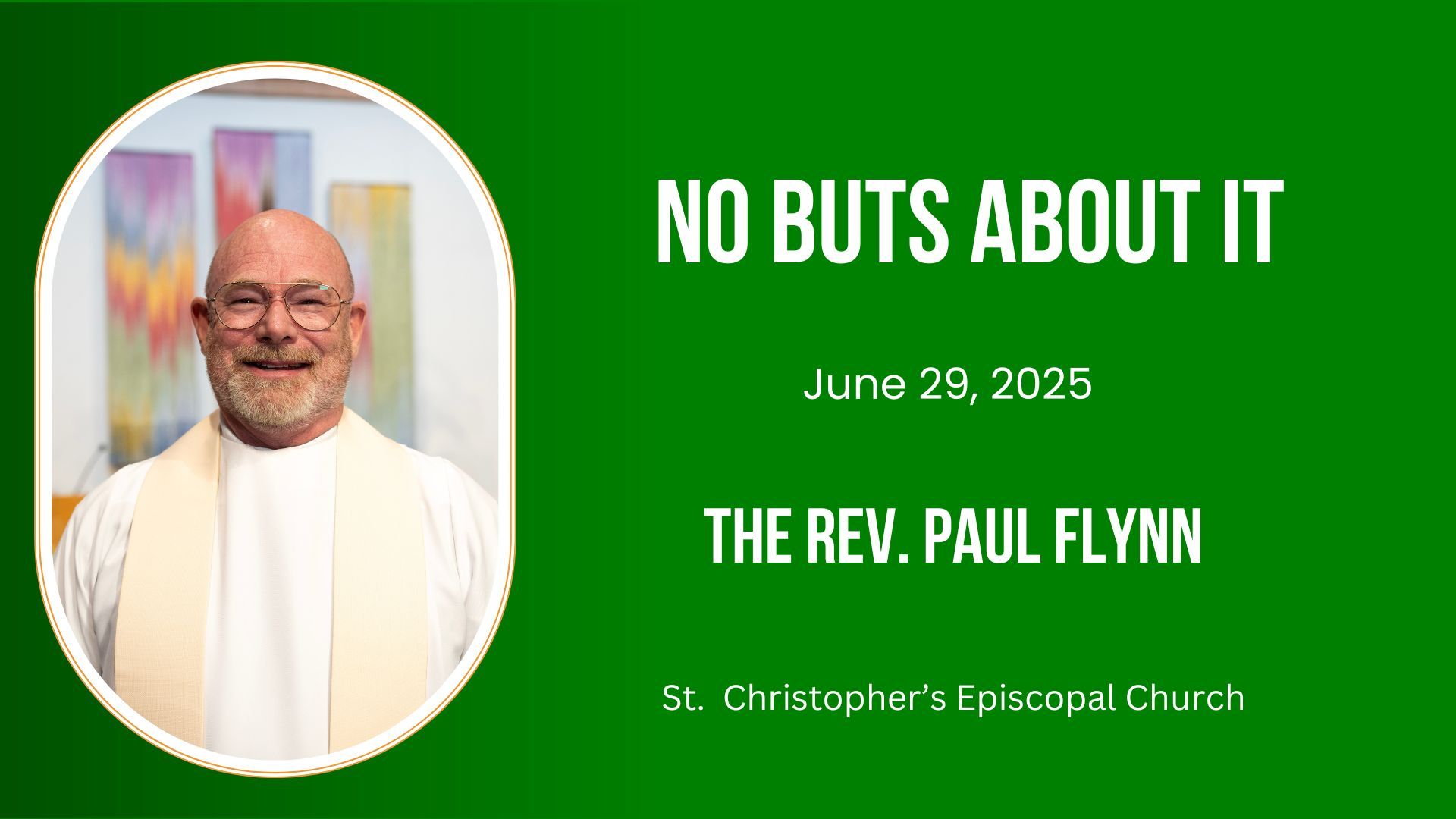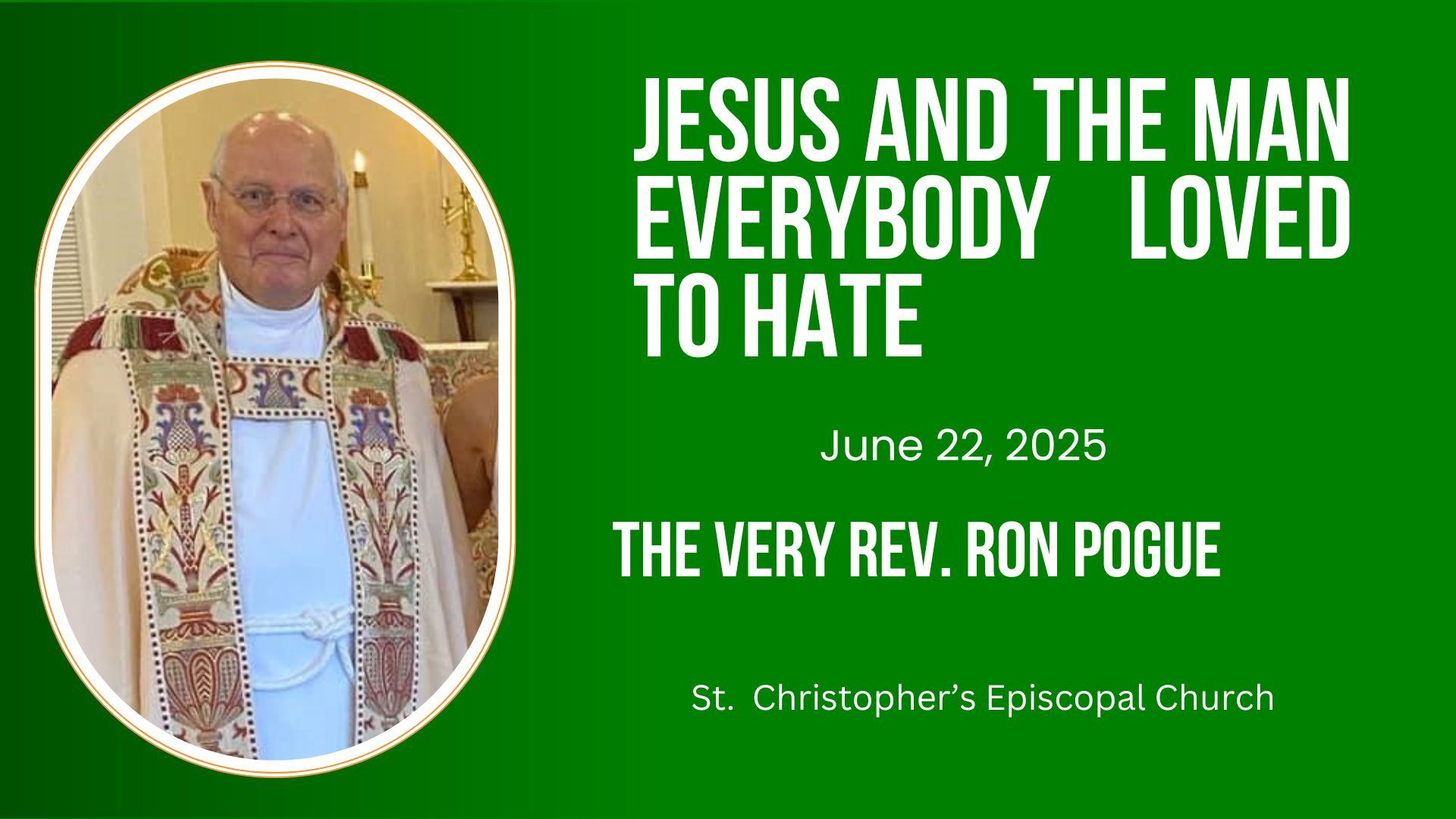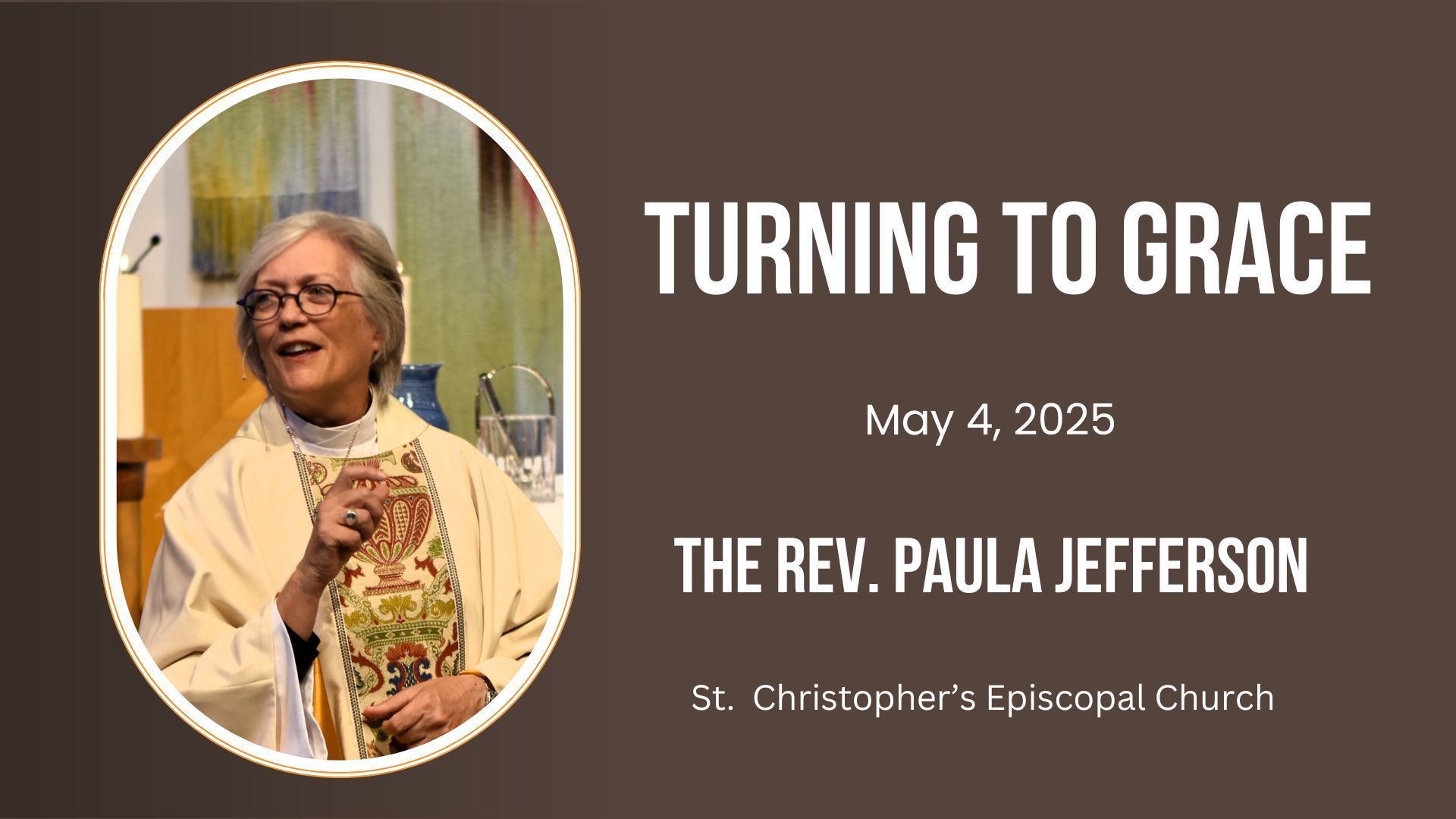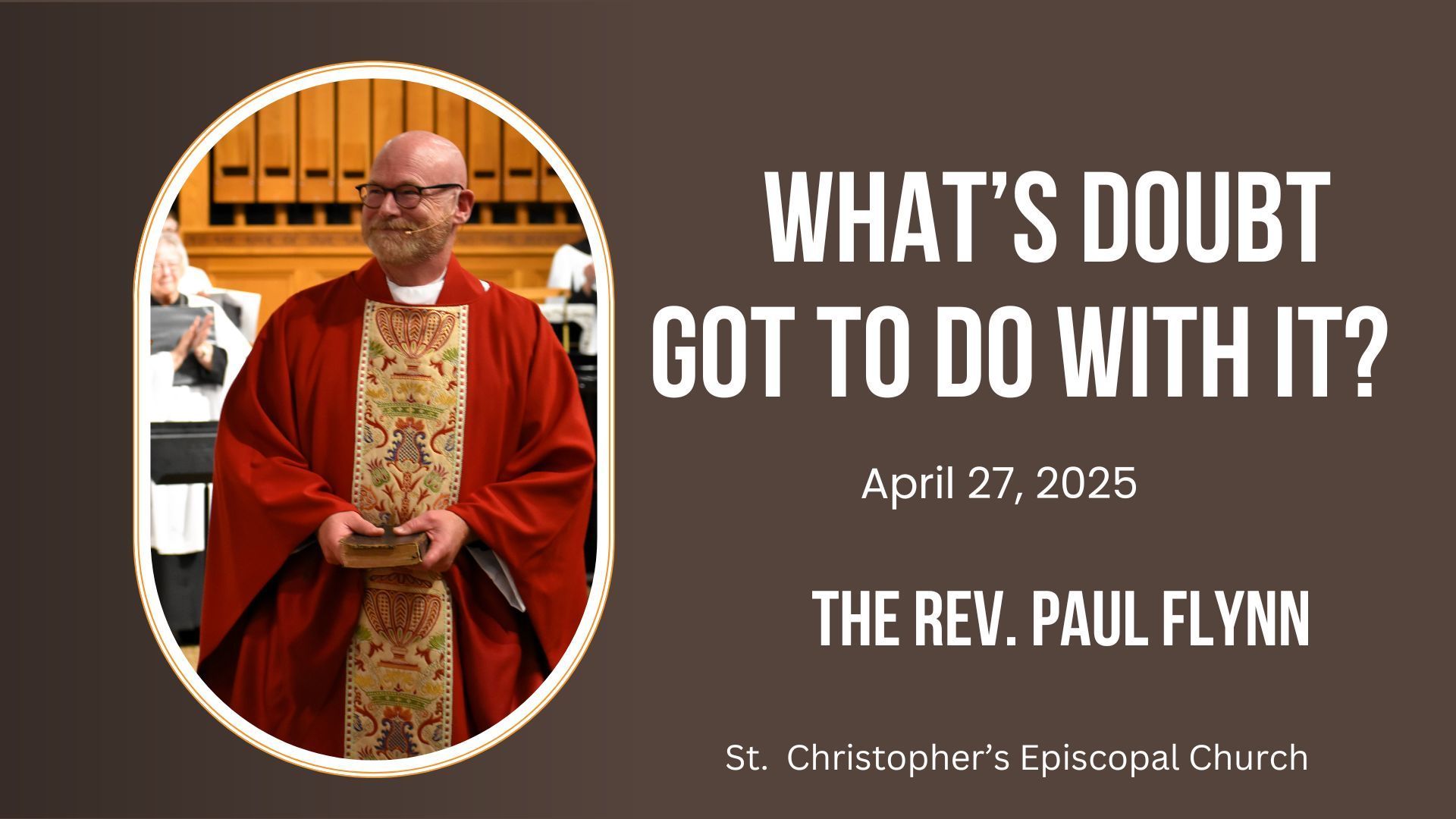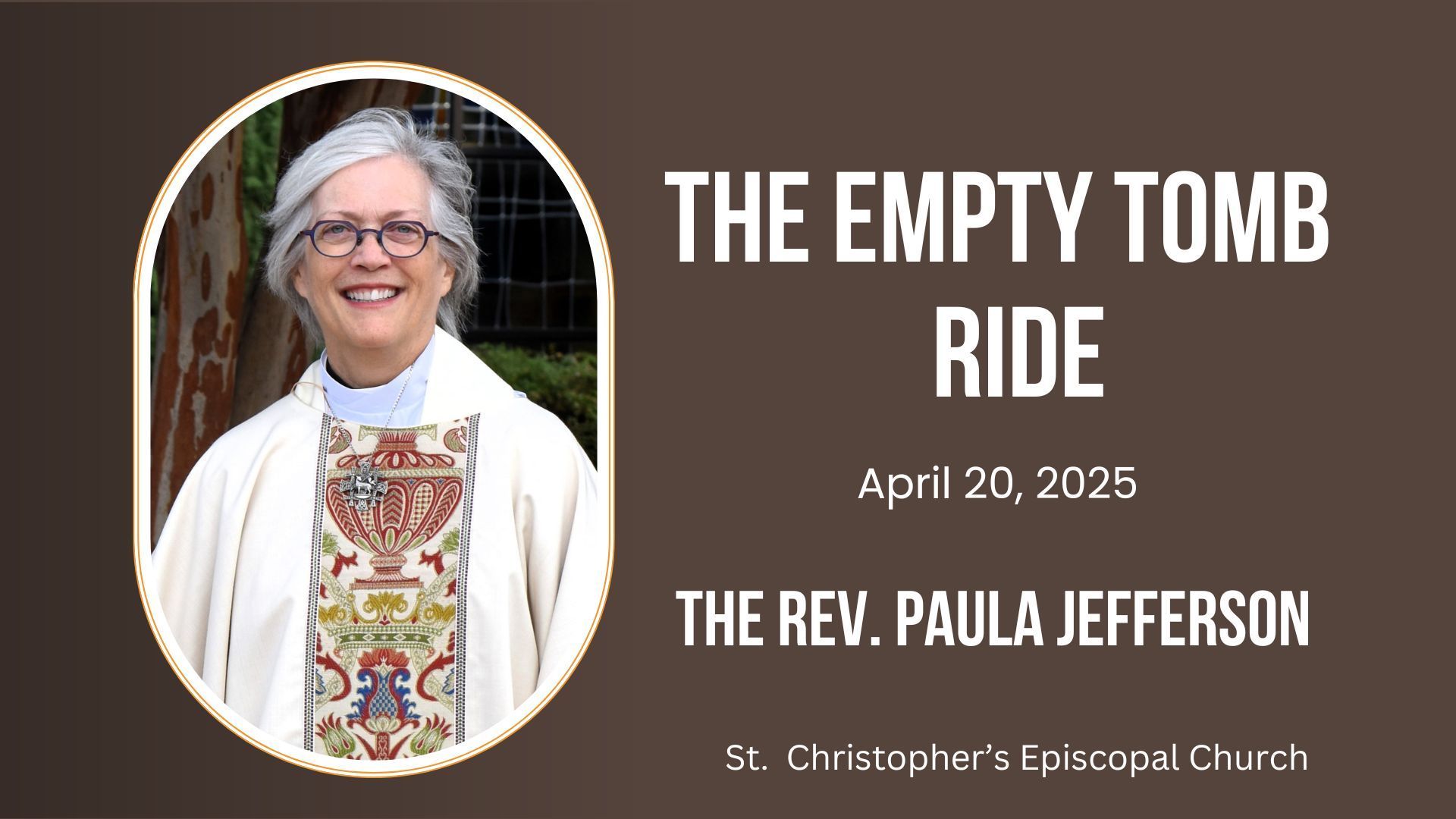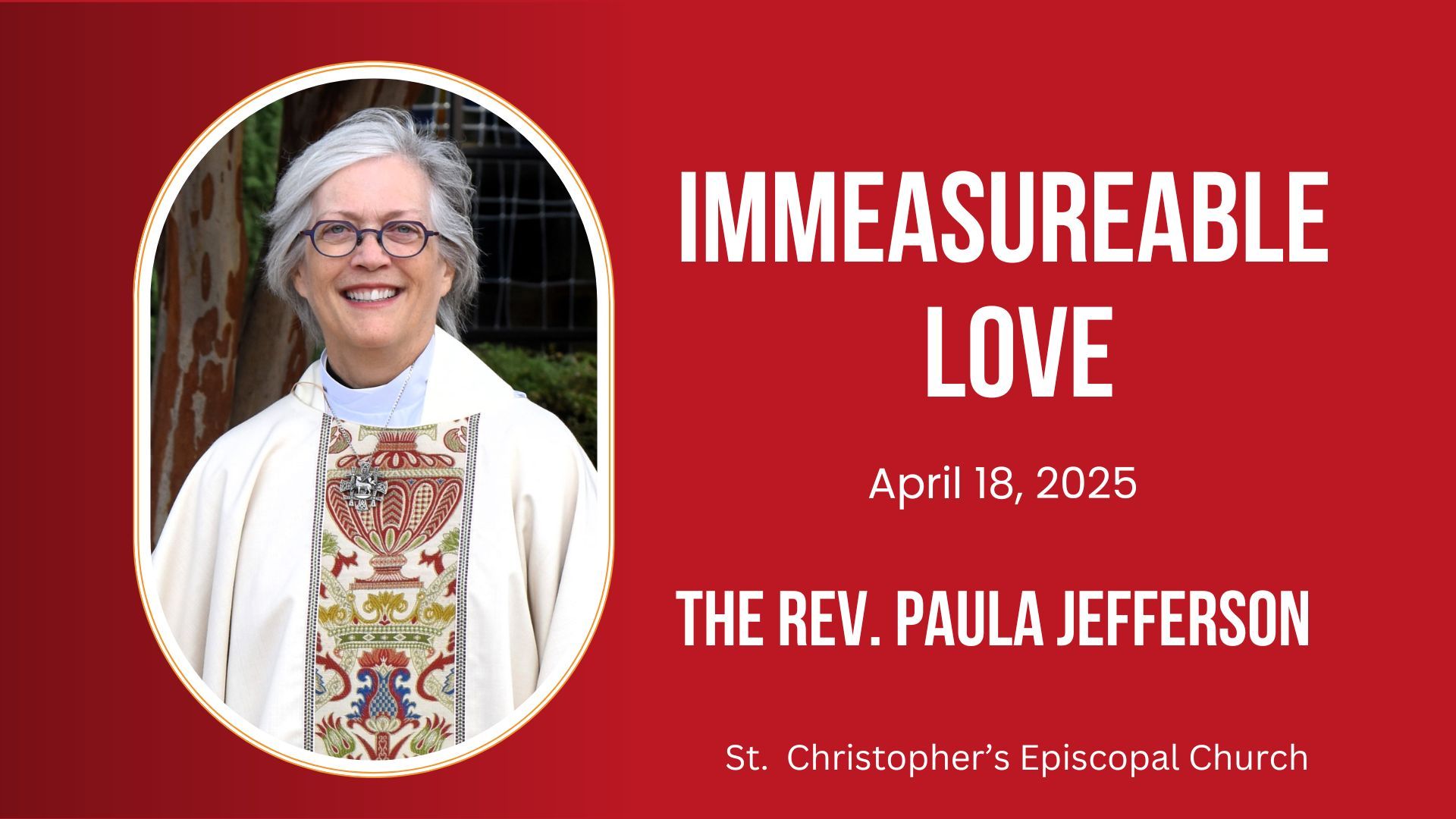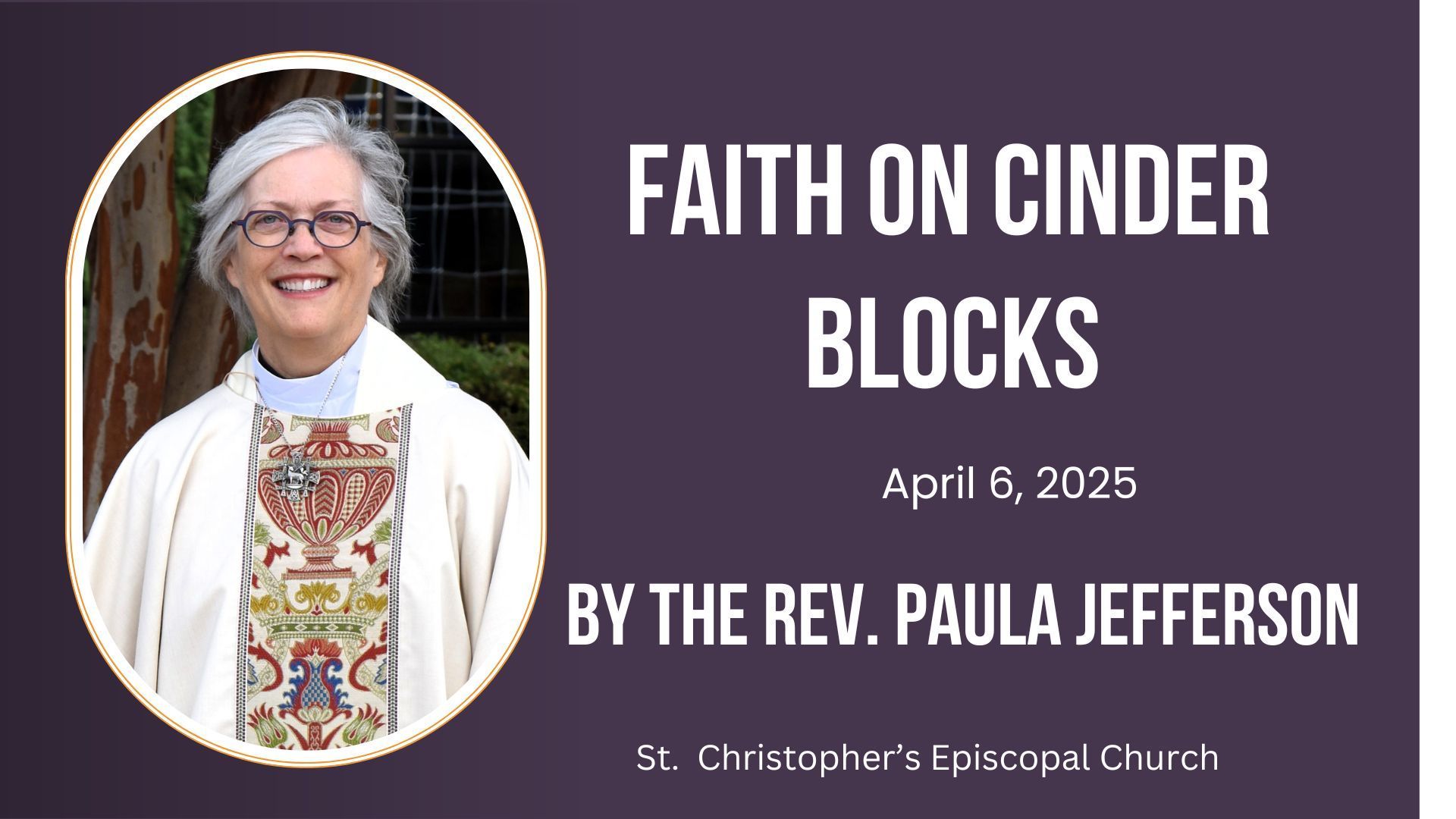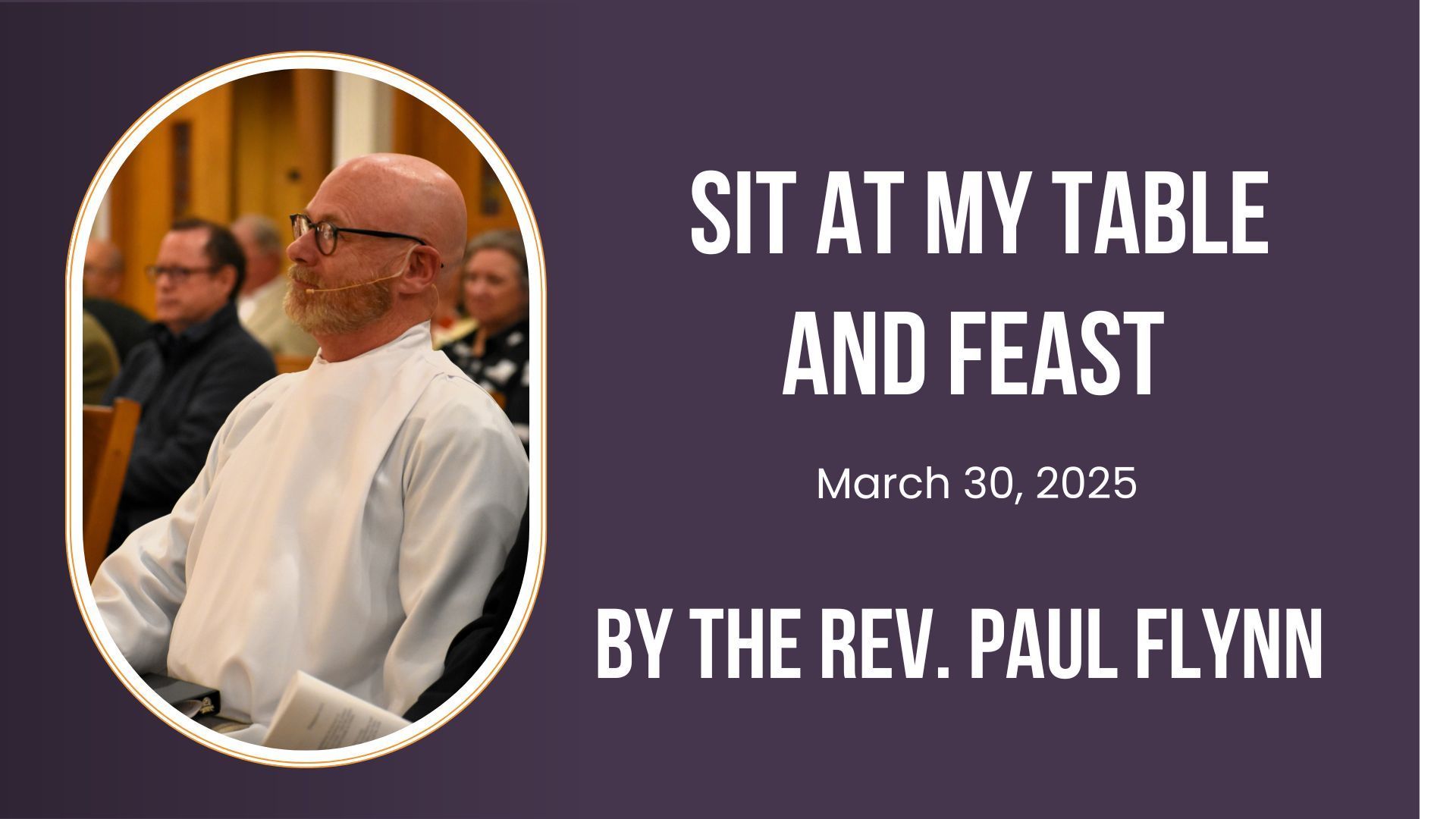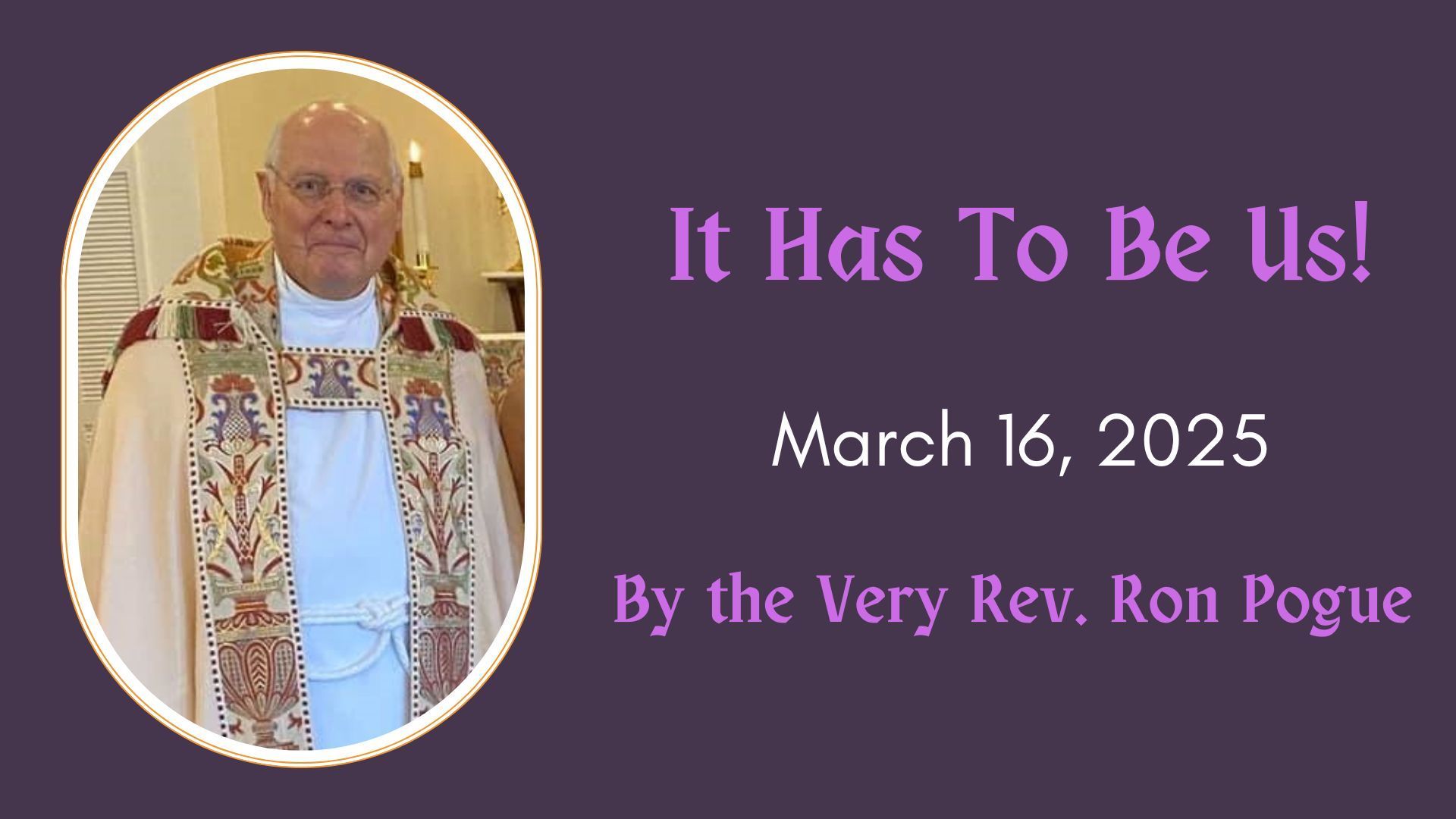This week, I thought a lot about the promises I’ve made over my lifetime. My earliest promises were sealed with a very serious pinky-swear—a pact that we would keep our promise to one another. No matter what.
Around the age of 7, my friend Scott and I decided to raid our piggy banks and use the money to buy a huge stash of candy. Between us, we had almost $10.
In 1968, you could buy a whole lot of candy with $10. We loaded our pockets with quarters, dimes, and nickels—and headed to the Rexall drug store.
Mr. Cooper watched as we stacked all the coins on his counter. And then we filled a bag with our favorite candy: Reese’s Cups (which were much bigger in those days), Milky Ways, all of the good stuff.
We headed back to Scott’s house because his family had a garage with a big, wooden boat that had never seen water. We liked to use the boat for our imaginary adventures of sailing the seven seas. Into the hold, we put our stash. And then we pinky-swore that we would never, ever tell.
Mr. Cooper, however, was not part of our pinky-swear.
In a town of 750 people, it should have dawned on us that Mr. Cooper might be acquainted with our parents. In fact, he had taught high school algebra to both our mothers. And that evening, he called our moms to tells them about the interesting purchase of candy we had made. Eventually, we coughed up the story and the candy. A pinky-swear gone bad.
In high school, the signs of a promise were different—the exchange of spoon rings and mood rings were popular in the 70’s or the exchange of letter jackets, class rings, bracelets. All of them were signs to our community of a promise between people.
As an adult, there were new promises--marriage vows, weddings rings, employment agreements, mortgage contracts, car loans, partnerships, client engagements. So many promises. Not all of them were kept.
In today’s reading from Genesis, God makes a promise.
The story began with Abram, who was married to Sarai. God appeared to Abram and said, “Walk before me, and be blameless…and I will make my covenant between me and you.” Abram demonstrated his humility before God by falling on his face, prostrate.
And then God said, “This is my covenant with you: You shall be the ancestor of a multitude of nations. No longer shall your name be Abram, but your name shall be Abraham; for I have made you the ancestor of a multitude of nations ….and I will establish my covenant between me and you, and your offspring after you throughout their generations, for an everlasting covenant to be God to you and to your offspring after you.”
I think it’s good to hit pause in the story…and think about the significance of this two-part promise.
First, God said he will cause Abram to be a parent—and through his lineage, there will many nations and peoples. Here’s the kicker: Abram is 99 years old when God makes this covenant. His wife, Sarai, is barren—both of them are beyond child-bearing age. Yet Yahweh said, “I have made you the ancestor of a multitude of nations.”
It is already done in God’s time.
The second part of the covenant is that Yahweh will be God to Abraham and his offspring.
Only God can make this covenant with Abraham.
God binds himself in relationship with Abraham and Sarah and all of their progeny.
And it is already done. No pinky-swear.
Many of the adult promises we make with one another are conditional.
A couple of weeks ago, I went to the dentist for a standard dental cleaning. I’ve known the dentist for 20 years. But, before his staff would allow me to walk into the service area, they verified my insurance. The implicit message was, “If there will be payment, there will be service.”
For some, even relationship itself is conditional. There are those who decide whether they will like us or ignore us based upon the kind of hair day they’re having. What do we do with that? Walk away? Turn the other cheek? Go past it?
Humans negotiate conditional promises all the time.
But the covenant God made with Abraham had no conditions. Even as God spoke the covenant to Abraham, God said “I have already [done it].”
Where in our lives do we enter covenants the way God does?
For me, the most common place is here—in the Body of Christ.
When we baptize, the Church asks us to make a covenant: Will you who witness these vows do all in your power to support these persons in their life in Christ?
And the people say: We will.
During an ordination, the bishop asks the congregation: Will you uphold this person in their ministry?
And the people say: We will.
There are no conditions in our covenant with the Church.
There are many examples in our sacraments where we enter into covenant without condition. I wonder if that is because we’re being invited to emulate God’s way of entering covenant, a way that is rooted in love and trust, a way that accepts vulnerability, and a willingness to feel hurt when promises are not kept.
We enter into these covenants not as individuals, but as the corporate Body of Christ. We bind ourselves together, through Christ, and make covenants with one another.
And then the deacon gives the dismissal and sends us forth into the world—we are sent to carry the good
news and live the gospel “out there”…beyond this covenantal space. It is not easy.
The world is broken. And so are we.
Every day, we do our best to keep the promises we make and to be the people God calls us to be. And we give thanks, on our knees, for the God whose Covenant with us is unconditional, indelible, and eternal.
Thanks be to God.


